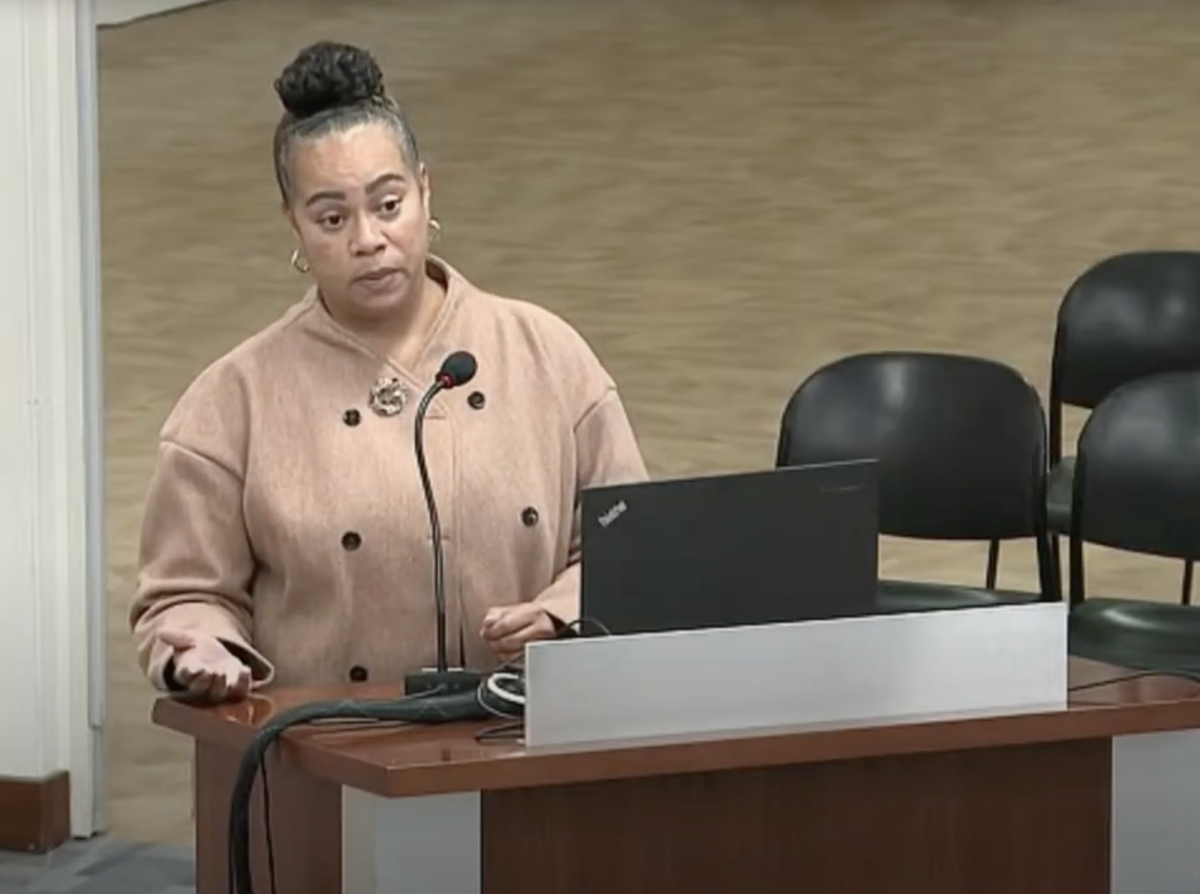Some students ‘falling through the cracks’ of counseling services
by Michelle Snider

Imagine you are a single parent. You just left an abusive marriage and you are not sure how you will feed yourself and your nine-month-old child.
You never expected these circumstances in your future when you enrolled in college, and you are not sure how you will continue your education, let alone survive. You walk out of class emotionally distraught and start to cry in the bathroom. There, you see a flyer for mental health services on campus, and you decide to go.
This was the experience of Laney culinary student Daphani Hightower. Hightower felt she had “already hit rock bottom” when she decided to talk to Laney mental health counselor Lisa Sawadogo.
Hightower said Sawadogo helped her to cope with her struggles before she entered the culinary program. “She helped me find my footing in each semester,” Hightower said.
Sawadogo is currently the only mental health counselor at Laney’s campus, which hosts about 11,500 full and part-time students. She has been around for about five years on a part-time basis. She recently started full-time counseling at Laney, 30 hours a week, but Sawadogo said it’s still not enough to supply students’ mental health needs at Laney.
Last fall Sawadogo had 178 appointments utilized by 54 students. At the time she only worked 20 hours, or two-and-a-half days, per week. Students have access to up to 6–8 sessions. Sawadogo refers students who require more sessions to outside services.
Sawadogo said she feels like students are falling through the cracks, and not always getting the services they need. Sometimes her door is closed while in a session, and a student will be discouraged from coming back. Other times, students are so scared to seek counseling that faculty need to walk students directly to her office.
“I think across a lot of different cultures, mental health still has a huge stigma. Which is why we do lot of outreach, workshops, or I go to student support programs,” Sawadogo said. The type of student support programs Sawadogo goes to are Gateway, EOPS, ROCI and Umoja.
Hightower’s visits with Sawadogo showed her how to surround herself with positivity and to “embrace my scars, my love, my children and my fire to succeed.”
Sawadogo said the top reasons why people come to see her are trauma, abusive relationships, and depression. “It’s really hard to go to school or try to figure out what career you want when you don’t know where to stay at night, and you don’t have food and your basic needs aren’t met,” she said.
Hightower said she’s unsure if Laney administrators understand how important these services are. “When you make a decision to go to school … you come with outside issues, home issues, monetary issues, everyday issues and now, school issues. It can be completely overwhelming,” she said. “That’s why the services Lisa provides are essential at Laney.”
For the fall 2018 semester, Sawadogo may have some of the extra help she needs with a graduate student intern who can provide direct mental health services. She is also hoping to hire another part-time mental health counselor.
There is just one problem: Sawadogo does not have physical space for the extra staff, something she has been attempting to resolve this semester.
“Next fall, if all goes well, we will have a graduate intern and one more part-time counselor. It is hopeful, but I still have not been approved for the office next door,” Sawadogo said.
She attempted to get approval to use the empty room next to her office through ASLC, but ASLC voted down the authorization to release the room.
Michelle Snider is a staff writer at the Laney Tower.

























